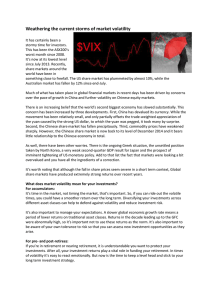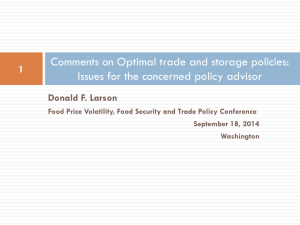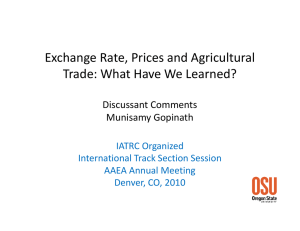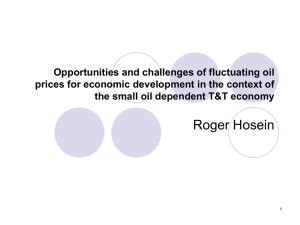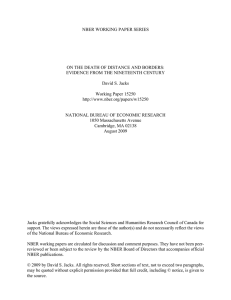Price volatility and the poor
advertisement
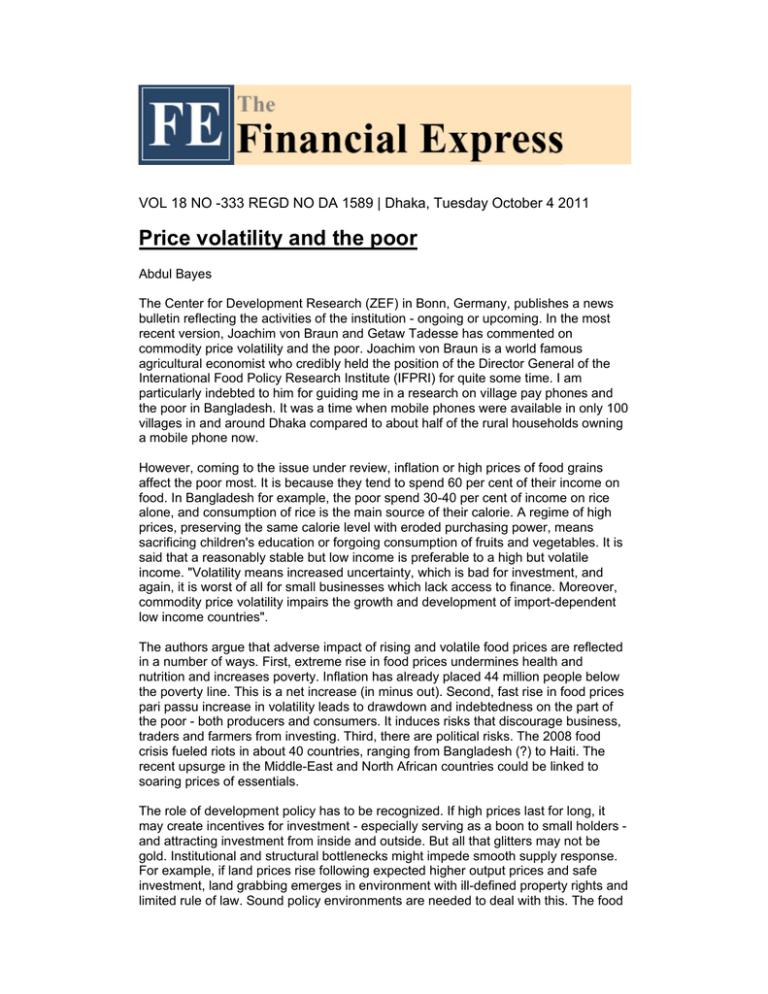
VOL 18 NO -333 REGD NO DA 1589 | Dhaka, Tuesday October 4 2011 Price volatility and the poor Abdul Bayes The Center for Development Research (ZEF) in Bonn, Germany, publishes a news bulletin reflecting the activities of the institution - ongoing or upcoming. In the most recent version, Joachim von Braun and Getaw Tadesse has commented on commodity price volatility and the poor. Joachim von Braun is a world famous agricultural economist who credibly held the position of the Director General of the International Food Policy Research Institute (IFPRI) for quite some time. I am particularly indebted to him for guiding me in a research on village pay phones and the poor in Bangladesh. It was a time when mobile phones were available in only 100 villages in and around Dhaka compared to about half of the rural households owning a mobile phone now. However, coming to the issue under review, inflation or high prices of food grains affect the poor most. It is because they tend to spend 60 per cent of their income on food. In Bangladesh for example, the poor spend 30-40 per cent of income on rice alone, and consumption of rice is the main source of their calorie. A regime of high prices, preserving the same calorie level with eroded purchasing power, means sacrificing children's education or forgoing consumption of fruits and vegetables. It is said that a reasonably stable but low income is preferable to a high but volatile income. "Volatility means increased uncertainty, which is bad for investment, and again, it is worst of all for small businesses which lack access to finance. Moreover, commodity price volatility impairs the growth and development of import-dependent low income countries". The authors argue that adverse impact of rising and volatile food prices are reflected in a number of ways. First, extreme rise in food prices undermines health and nutrition and increases poverty. Inflation has already placed 44 million people below the poverty line. This is a net increase (in minus out). Second, fast rise in food prices pari passu increase in volatility leads to drawdown and indebtedness on the part of the poor - both producers and consumers. It induces risks that discourage business, traders and farmers from investing. Third, there are political risks. The 2008 food crisis fueled riots in about 40 countries, ranging from Bangladesh (?) to Haiti. The recent upsurge in the Middle-East and North African countries could be linked to soaring prices of essentials. The role of development policy has to be recognized. If high prices last for long, it may create incentives for investment - especially serving as a boon to small holders and attracting investment from inside and outside. But all that glitters may not be gold. Institutional and structural bottlenecks might impede smooth supply response. For example, if land prices rise following expected higher output prices and safe investment, land grabbing emerges in environment with ill-defined property rights and limited rule of law. Sound policy environments are needed to deal with this. The food sector needs more capital investment to grow and the private sector could play pivotal role in the arena of food security. The authors focus on five "evidence-based" policy advice to face the crisis: (a) Improved monitoring of information and development of sound short-term global food models linked with other commodities and economic domains; (b) international policy coordination on physical and virtual food reserve policies and on trade; (c) analysis of commodity future markets - food security is increasingly linked with derivative markets; (d) improved competitiveness of local food and resource markets. For example, aside international volatility in commodity markets, developing countries also face imperfections in local markets, and (e) effectiveness and constraints of safety net programmes that protect the poor. In the editorial note, Joachim von Braun points to the pinnacle of policy parameters. It is that developing countries should support their own strong science system and establish a science system; developed countries need to provide access to basic research; international scientific partnership need to be expanded and foundations and private enterprises can play important roles in science policy alongside public institutions. It is only by enhancing the landscape of science that the world could escape the ensuing crisis looming large on the horizon. The writer is a Professor of Economics at Jahangirnagar University. email:abdulbayes@yahoo.com
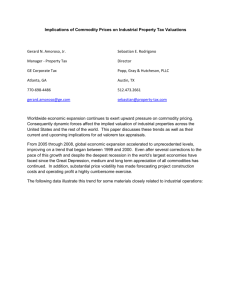
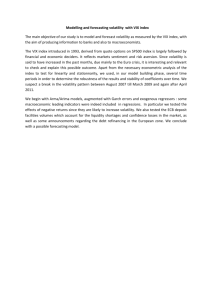
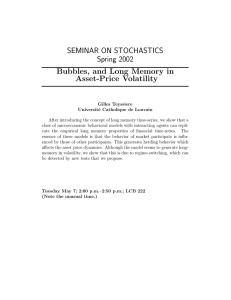
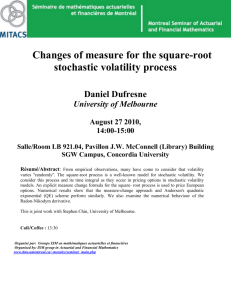
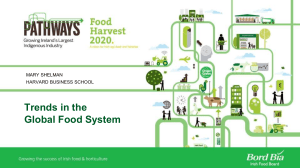
![[These nine clues] are noteworthy not so much because they foretell](http://s3.studylib.net/store/data/007474937_1-e53aa8c533cc905a5dc2eeb5aef2d7bb-300x300.png)
